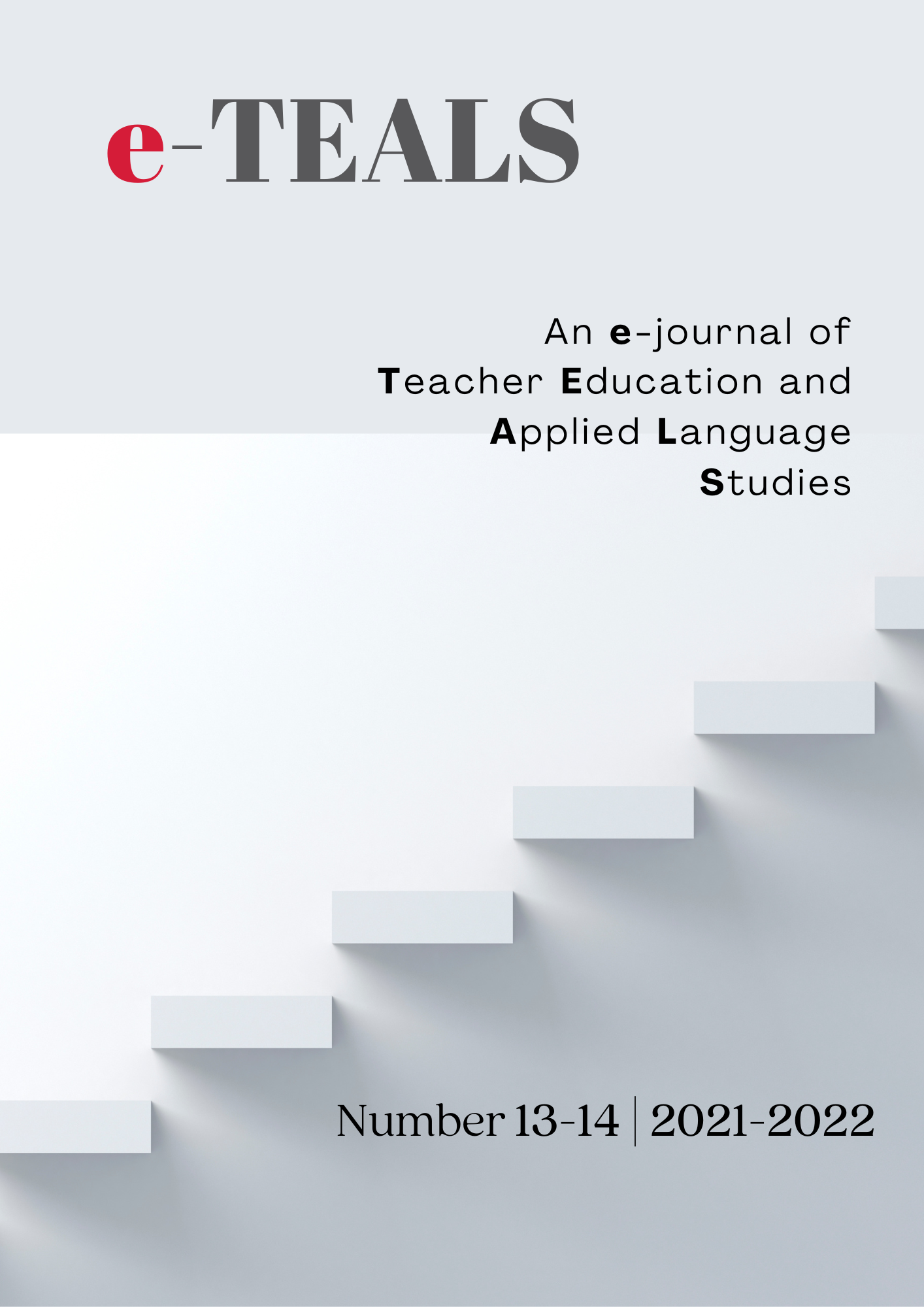Portuguese English as a Foreign Language Learners and Teachers’ Beliefs in relation to Corrective Feedback
DOI:
https://doi.org/10.34619/owgc-5bmwKeywords:
English as a Foreign Language (EFL), corrective feedback (CF), beliefs, 3rd cycle learnersAbstract
This study investigated the beliefs English as a Foreign Language (EFL) 9th grade learners (n=166) and teachers (n=5) hold about corrective feedback (CF). The participants completed a Likert-scale questionnaire that dealt with the necessity, frequency and timing of error correction, types of errors and their correction, effectiveness of CF strategies and who was responsible for the CF. The results revealed that both learners and teachers believe in the importance of CF. While learners expressed a preference for immediate CF, their teachers prefer correcting after the learner’s turn. Both groups believe that errors that hinder communication and those related to grammar and vocabulary should be corrected most often. Learners perceive explicit corrections and recasts as the most effective strategies, whereas teachers favor recasts and prompts. Learners regard the teacher as the main source of CF, followed by self-correction, while teachers opt for promoting self-correction, but also provide CF themselves and resort to peer feedback.

Downloads
Published
Issue
Section
License
Copyright (c) 2024 Ana Rita Rufino Faustino

This work is licensed under a Creative Commons Attribution-NonCommercial-NoDerivatives 4.0 International License.





